Paul Roman 1931 – 2024
We say goodbye to the founder of Fine Woodworking and remember the directive he set for us.
It is with deep sadness that we announce the passing of Paul Roman, the visionary founder of The Taunton Press and Fine Woodworking magazine. Paul’s remarkable contributions to the world of woodworking and publishing have left an indelible mark on both industries.
His journey began with a passion for craftsmanship and a vision to create a platform that celebrated the artistry of woodworking. In 1975, he founded The Taunton Press and launched Fine Woodworking, a publication that quickly became the go-to resource for woodworkers seeking inspiration, education, and a sense of community. His commitment to excellence and his keen understanding of the craft elevated Fine Woodworking to become an iconic publication that continues to inspire woodworkers around the world.
As we mourn the loss of a visionary, we also celebrate the incredible impact that Paul had on the woodworking community. His legacy will undoubtedly continue to shape the future of woodworking and publishing for generations to come.
Our thoughts and condolences go out to the Roman family during this difficult time. We invite those who have been touched by Paul’s work to share their memories and tributes as we collectively remember a man whose passion and vision have enriched the lives of so many.
His obituary can be found here.
Below, you’ll find Paul’s founder’s note from our 25th-anniversary issue. We thought it would be fitting to share today.
Founder’s Note
By Paul Roman
From Fine Woodworking #146– 25 Years! 2001
In the mid-1960s, I may have been one of the few people in the country who seriously considered leaving a corporate career to become a full-time woodworker. But as time went by, I discovered more and more people like me, who had a passionate interest in the craft and who shared my dream of spending more time in the woodshop than at the office. I discovered also that we shared a frustration with the lack of really good information about woodworking. Aside from a few books on period furniture and the standard industrial arts textbooks, there just wasn’t much out there—no place to turn for in-depth, up-to-date information and for strong doses of fresh inspiration.
So sometime in early 1975, I revived an idea I had several years earlier: starting a woodworking magazine. I envisioned a magazine that would help woodworkers get a strong grounding in the technical traditions of the craft and at the same time get acquainted with the best examples of contemporary craftsmanship and design. My original plan was pretty modest—a quarterly, all black-and-white, stapled-spine magazine, with an emphasis on real information from the best woodworkers around. This meant I had to start traveling all over the place to find out who these woodworkers were and to convince them to write for a magazine they had never heard of. One encounter led to another, and before long I realized what a huge, almost hidden wealth of knowledge, experience, and talent there was just waiting for someone to make known.
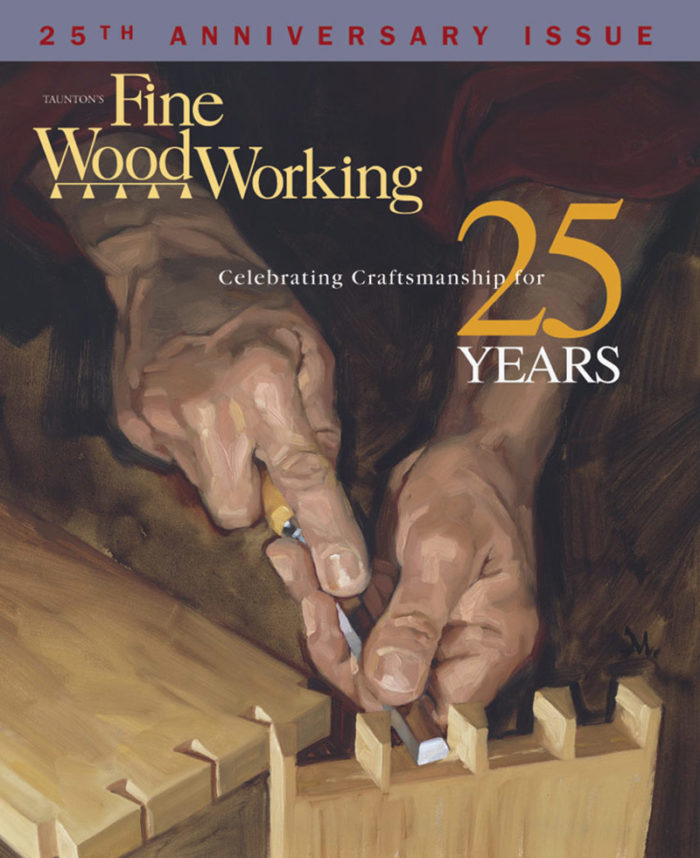 Tage Frid, Jere Osgood, Bill Keyser, R. Bruce Hoadley, Alphonse Mattia, Robert Whitley, and Andy Marlow are just a few of the many names that come to mind from those early days of the magazine. Soon the pages of Fine Woodworking became the place where these hugely accomplished craftsmen and their peers could share what they knew with a rapidly growing group of woodworkers. Discovering and tapping into this vast resource of knowledge and then publishing it to satisfy an equally vast thirst for information made for the most exciting time of my life.
Tage Frid, Jere Osgood, Bill Keyser, R. Bruce Hoadley, Alphonse Mattia, Robert Whitley, and Andy Marlow are just a few of the many names that come to mind from those early days of the magazine. Soon the pages of Fine Woodworking became the place where these hugely accomplished craftsmen and their peers could share what they knew with a rapidly growing group of woodworkers. Discovering and tapping into this vast resource of knowledge and then publishing it to satisfy an equally vast thirst for information made for the most exciting time of my life.
From the beginning, Fine Woodworking was a joint venture. My job was to create the magazine and all of its promotional materials. My wife, Jan, agreed to handle the business side of things—all the circulation, customer service, and advertising. In September 1975, we emptied our savings account to pay for the first mailing to prospective subscribers. And then we waited to see what would happen.
Three weeks later we found ourselves having to enlist our children, our friends and neighbors to open the thousands of envelopes and to process the orders. And I figured I’d better concentrate on getting the first issue of the magazine out the door. Jan and I had already made some important strategic decisions.
We knew that our readers would come first. This led to a decision to keep advertising separate from the articles and to accept only those ads that were directly related to the practice of woodworking. These restrictions made selling ads tough in the early years, but before too long the advertising pages of Fine Woodworking became a robust marketplace where companies large and small, new and old could reach enthusiastic woodworkers who were actively searching for tools and materials. Jan and I are very proud that we’ve been able to play such a formative role in the tremendous growth of the woodworking community.
So here we are a quarter century later, and the craft of working wood in America has emerged from near secrecy in the 1960s to mass-media coverage in the new millennium. TV shows, a dozen magazines, hundreds of videos, and countless books all chronicle and present every aspect of woodworking, from making router jigs to carving Tudor roses. And now the web promises to add even another dimension to creating and publishing information about woodworking.
Looking forward to the next 25 years, I see our greatest challenge in harnessing the Internet and its developing capabilities not only to serve the community of woodworkers with a far richer offering of knowledge and inspiration but also to bring the people in this community closer and closer together.
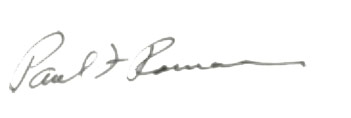


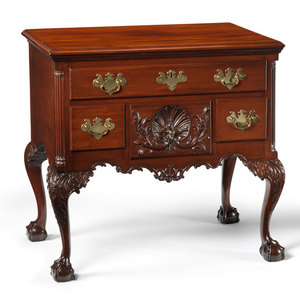
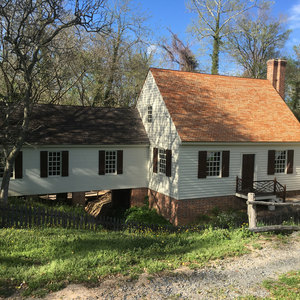

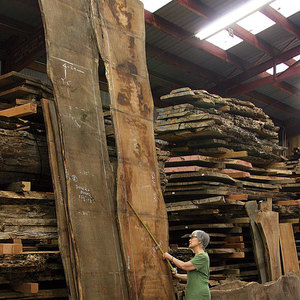











Comments
Good job and thank you. RIP.
Thank you for launching, hands down, the best resource in the game. Rest in peace and condolences to his friends and family.
What an incredible guy - he will surely be missed. My deepest sympathy to his family and friends.
Paul Roman and his family did a great service for woodworkers everywhere. Tremendous job in building something from nothing.
Here's hoping it continues at the same high level.
We owe him a lot. The irony of him dying within months of the sale of TTP to some magazine conglomerate private equity fund adds sadness to his passing.
Log in or create an account to post a comment.
Sign up Log in